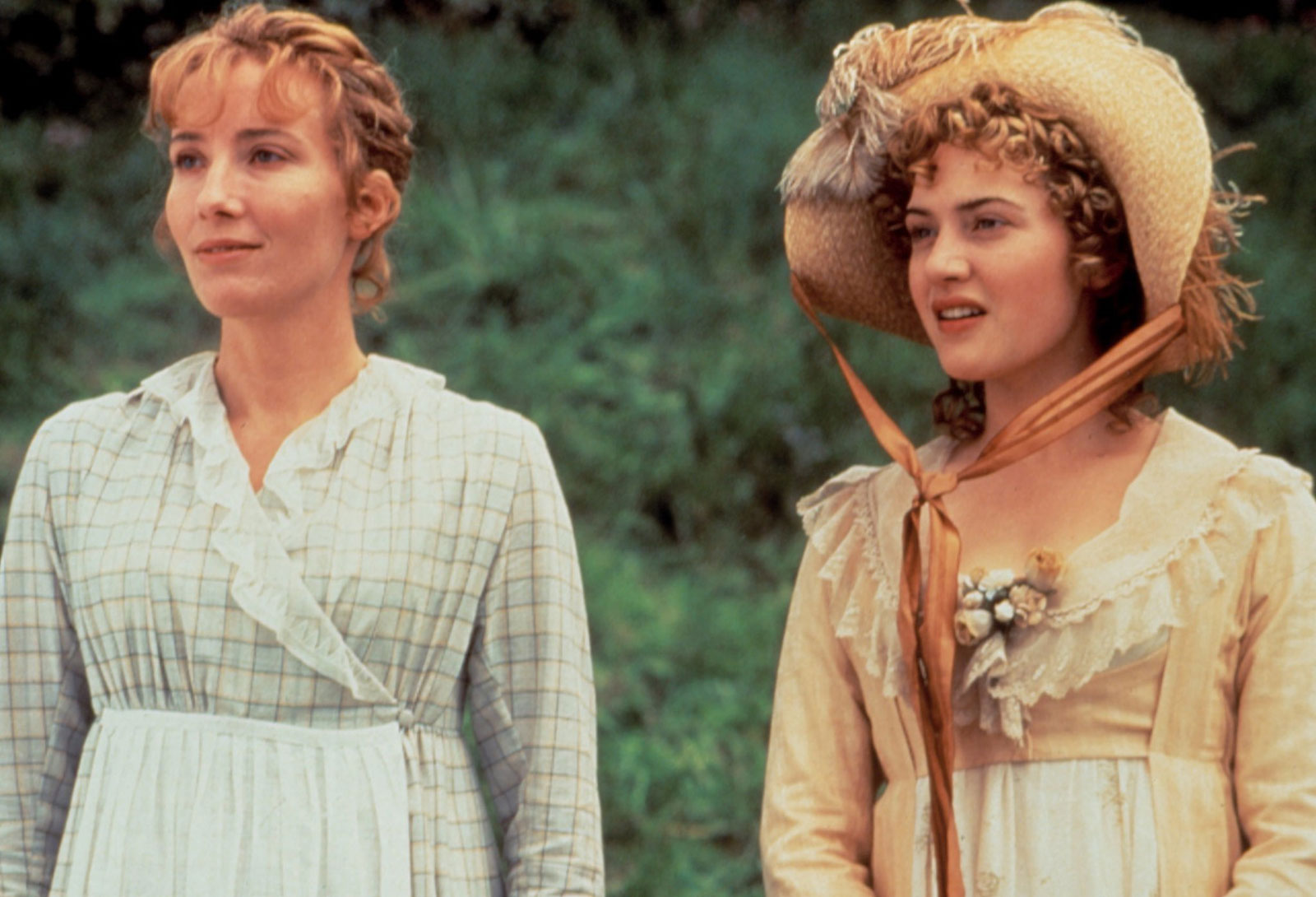
Sadza is a simple, hearty dish that forms the backbone of many Zimbabwean meals. It's…
Caesar Salad A classic Caesar salad is a simple yet flavorful dish with crisp romaine…
Zimsec and Cambridge past exam papers free download pdfs on eduzim
Zimsec and Cambridge past exam papers free download pdfs on eduzim
Zimsec and Cambridge past exam papers free download pdfs on eduzim
Pacific – A Level Physics – Convection and Radiation pdf download